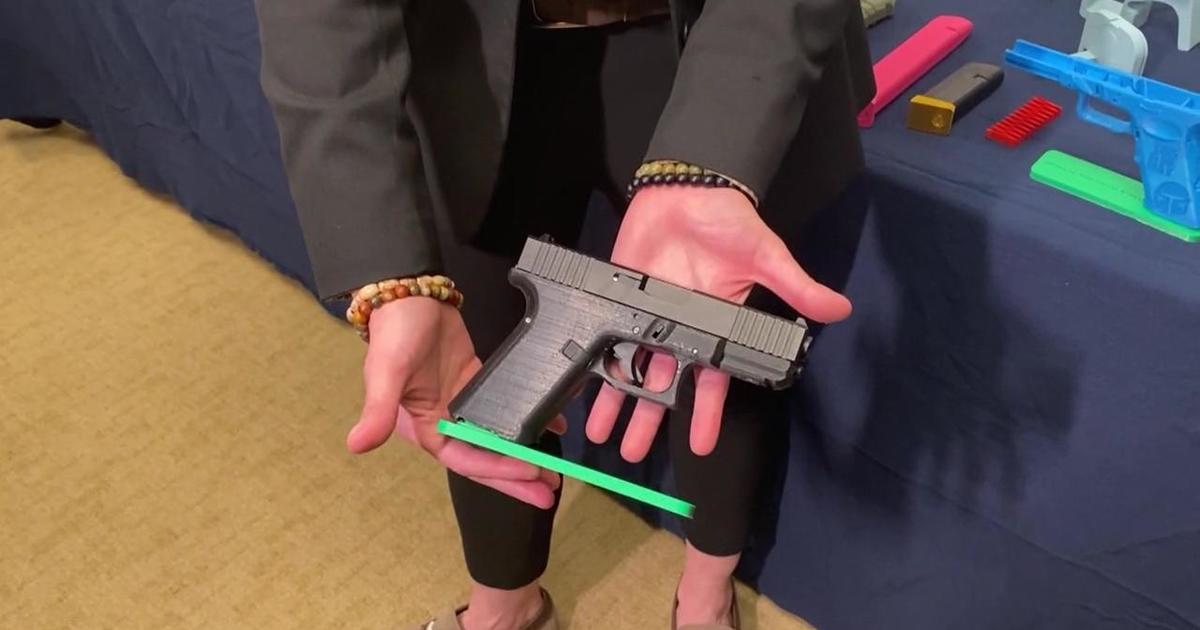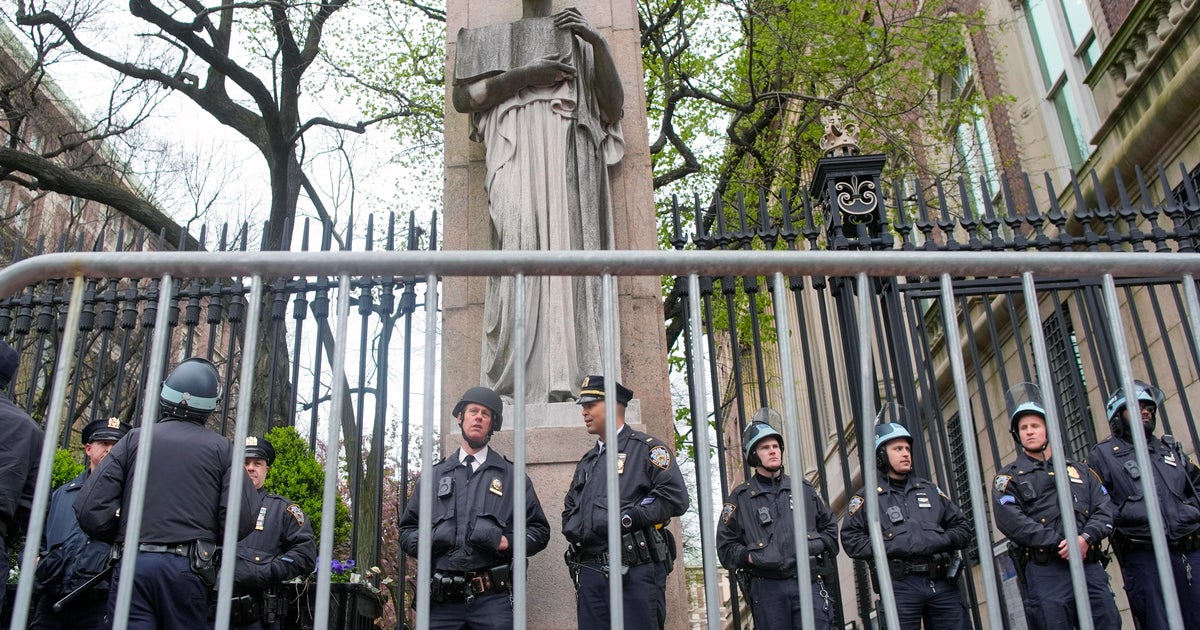Researchers Say Ultrasound Could Play A Role In The Fight Against Alzheimer's
NEW YORK(CBSNewYork) -- Alzheimer's. Just the thought of it strikes fear in many people.
Now, there is exciting new hope in the fight against Alzheimer's, and it comes from the technology that is usually associated with expectant mothers.
Amy Osler doesn't look sick, but she is. She was diagnosed with early onset Alzheimer's at 50.
"There's a part that's very lonely. There's a part that I can't share, because I don't know how to share," she told CBS2's Weijia Jiang.
Osler may be lonely, but she's hardly alone. More than 5-million Americans are stricken with the dignity destroying disease. There is no prevention.
Could something as simple as ultrasound give Alzheimer's patients back their memories?
"Ultrasound just means sound that is a very high frequency," radiologist, Dr. Ashish Manga explained.
Dr. Manga said ultrasound technology has been around for decades. It's most commonly used in sonograms to create images. If you have a child, you've likely seen an ultrasound image.
"It's really safe, it's really fast and it's painless. We'll do this on little babies," Dr. Manga said.
Australian researchers at the University of Queensland Brain Institute are using that same technology in a different way. They're conducting experiments using ultrasound to destroy the brain plaque blamed for lost cognitive function.
"Not only could the ultrasound improve the memory of these mice, but also reduced these amyloid plaques which very few treatments that have been tried so far have been able to do. We were very excited after finding that," researcher Gerhard Leinenga said via Skype.
After the ultrasound treatments the mice were able to again navigate mazes they had forgotten and solve problems that perplexed them before.
So far, the technique has only been tried on mice and researchers know they have much to learn. They are nevertheless confident that the technology that gave us sonograms has the potential to give so much more.
It's a catalyst for hope; could scientists really one day restore what Alzheimer's steals?
"If I could get that back, wow that would be the greatest gift," Osler said.
Human trials are a few years away.
Researchers cautioned that clinical results that show up in mice are often difficult to repeat in humans.



